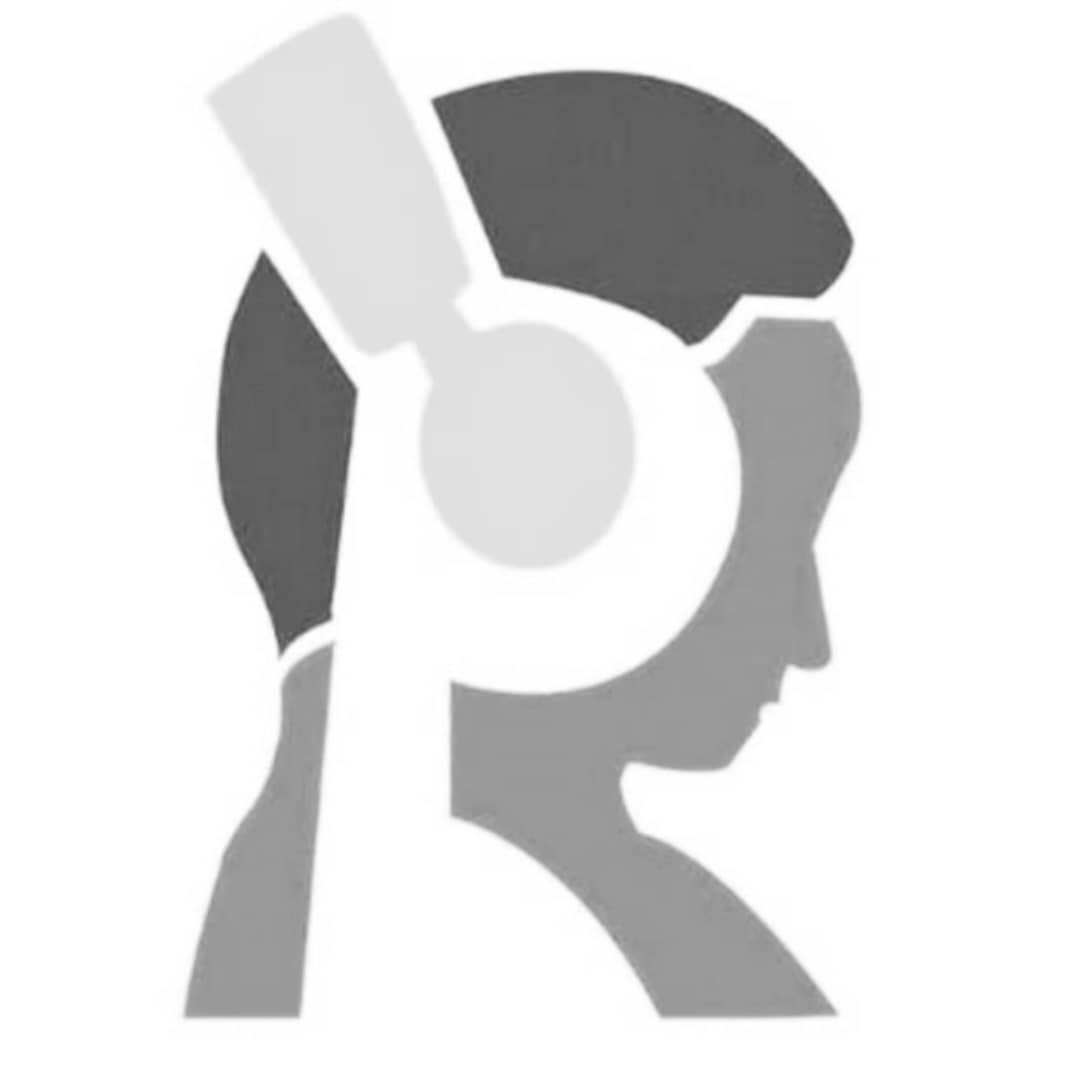Most of us don't have the luxury to be able to take a nap at the office, so it's essential to find ways to stay awake when you're falling asleep at work. Coffee is often the go-to choice, but if you don't want to load up on too many cups or if it's late in the day, it's essential to find alternate ways to perk up when you feel you're starting to doze off on the job.
Feeling sleepy at work is not an uncommon occurrence. Of the Americans who sleep seven to eight hours per night, 45 percent report feeling or tired fatigued three times a week, according to a study conducted by YouGov. Of those who sleep six hours or less, 54 percent of people report feeling tired four or more days per week. With all these sleep-deprived people wondering how to stay awake at work, it's no surprise everyone is struggling a bit every now and then.
If you are looking for solutions to your midday slumbers, try these 10 tips to help you stay awake if you're falling asleep at work — none of which, thankfully, involve guzzling yet another cup of coffee that will keep you wide awake tonight.
1. Get Moving

You can't fall asleep while walking to the bathroom. "Take a walk around the office," writes health coach Kimberly Petrosino to Bustle over email. "Chat with a coworker, get some fresh air if you can — just get a change of scenery. You might feel guilty for taking a few minutes away from your desk, but you’ll be a lot more productive anyway once you come back refreshed." It can be anything as small as taking the long way around to the water cooler or as solid as a walk around the block — either way, it will put you in a different headspace long enough to wake you.
2. Make some face to face contact
"Get contact with other people, ideally face-to-face," writes happiness coach Scott Crabtree to Bustle over email. "We are social creatures; we get energy from each other. Even introverts get a mood boost from social contact — although they may not desire it as much as extroverts." An easy way to do this is take a stroll over to a common area in the office, like the kitchen, or an open work space. If you work from home, maybe try meeting up with a group of people who also work from home every now and then.
3. Eat a snack

If you feel yourself slowly fading, opt for some foods that naturally give you energy, such as eggs, avocado, whole grains, and nuts. "Keep your desk drawer stocked with healthy snacks," says Petrosino. "You may feel tired, but you might just be hungry. Sometimes when we’re busy we forget to eat every couple of hours. Set a reminder on your phone if you need to, to grab a quick (but healthy) snack every two to three hours."
4. Drink some water
Maybe you're not hungry, but dehydrated instead. "Keep a reusable water bottle at your desk," says Petrosino. "Fill it in the morning, and you’re good to go. Oftentimes, all it takes is a nice tall glass of water to have us feeling a lot perkier." A recent analysis of studies published in Physiological Reportsshowed an association between exercise-related dehydration and a decline in visual and motor performance — if you're feeling particularly unfocused, it might just be that a glass of water will perk you up.
5. Sit up straught
If you're falling asleep, you're likely slumping down into your chair. However, making a conscious effort to sit up straight can do wonders. A study from the journal Health Psychology found that posture can affect your energy levels; people who sit up straight report feeling more energetic and excited than those who sit slumped at their desk. If you're looking for something to mix up your routine and it won't be too disruptive to your office, you may even want to try a standing desk on for size.
6. Give yourself a massage

"A self massage is a great way to get blood circulating and stimulate your nervous system," says holistic health coach Sarah Jacobs to Bustle over email. "Rubbing the back of your own neck and up your scalp can give a jolt of energy, as well as the pad between your thumb and forefinger and your earlobes." If anything, it will also give you an opportunity to check in with yourself, and see if there's something under that "tired" feeling — like boredom, or lack of motivation — that actually needs addressing.
7. Chew Guma
A 2013 study from the British Journal Of Psychology found that participants who chewed gum for a 30 minute task were able to answer questions more quickly and accurately than those who didn't chew any gum; researchers noted that the gum chewers, while initially at a disadvantage at the beginning of the task, overtook non-gum chewers and had better results by the end of the task, suggesting gum helped with continuous tasks. It might be smart to invest in a few cartons of it to keep in your desk for an afternoon refocus.
8. Focus on something enjoyable
"It sounds simple, but when you're interested in the work you're doing, your brain is in 'flow' mode, and it's focused and alert," says Jacobs. "Find something about the task at hand that gets you interested, whether it's that you're doing it for a client you really like, love the topic at hand, or maybe you just get excited by using Excel shortcuts. Whatever it is, find something interesting and focus on that."
Nothing can replace good sleep, but use these tips for a coffee-free way to perk up if you find yourself getting tired while on the job.
Sources interviewed:
Kimberly Petrosino, Author and Health Coach at Happy Healthy Hearts.
Scott Crabtree, Happiness Coach at Happy Brain Science.
Sarah Jacobs, Holistic Health Coach at The Wellness Project NYC.
Studies referenced:
Millard-Stafford, Mindy (2018). Exercise-heat stress with and without water replacement alters brain structures and impairs visuomotor performance. Physiological Reports,https://www.ncbi.nlm.nih.gov/pubmed/30136401
Nair, S., Sagar, M., Sollers, J. III, Consedine, N., & Broadbent, E. (2015). Do slumped and upright postures affect stress responses? A randomized trial. Health Psychology,https://psycnet.apa.org/record/2014-37739-001
Kate Morgan, Andrew J. Johnson and Christopher Miles (2013). Chewing gum moderates the vigilance decrement. British Journal of Psychology,https://www.sciencedaily.com/releases/2013/03/130308093933.htm
Src: Bustle.com

 Kin
Kin RSS
RSS 






